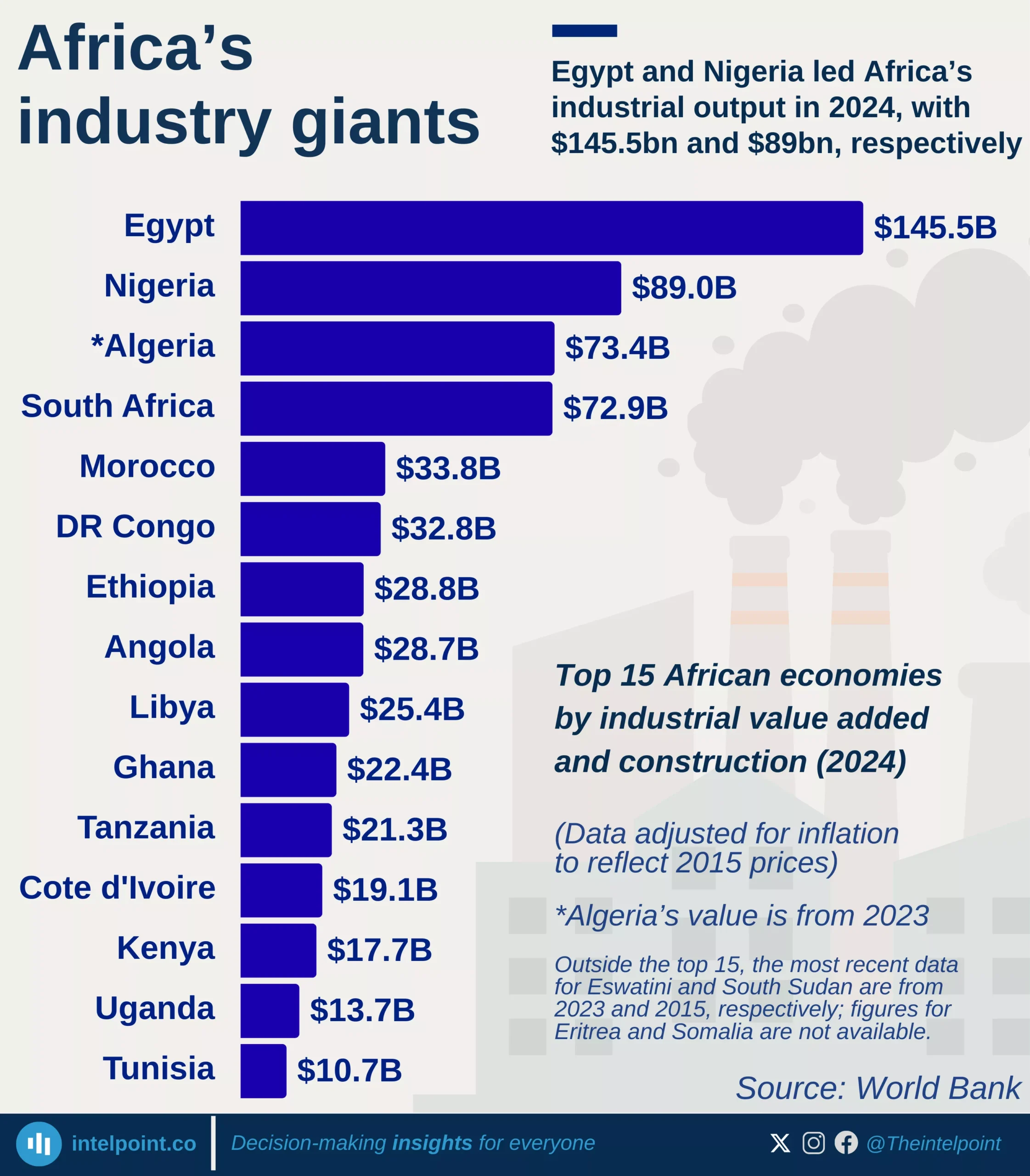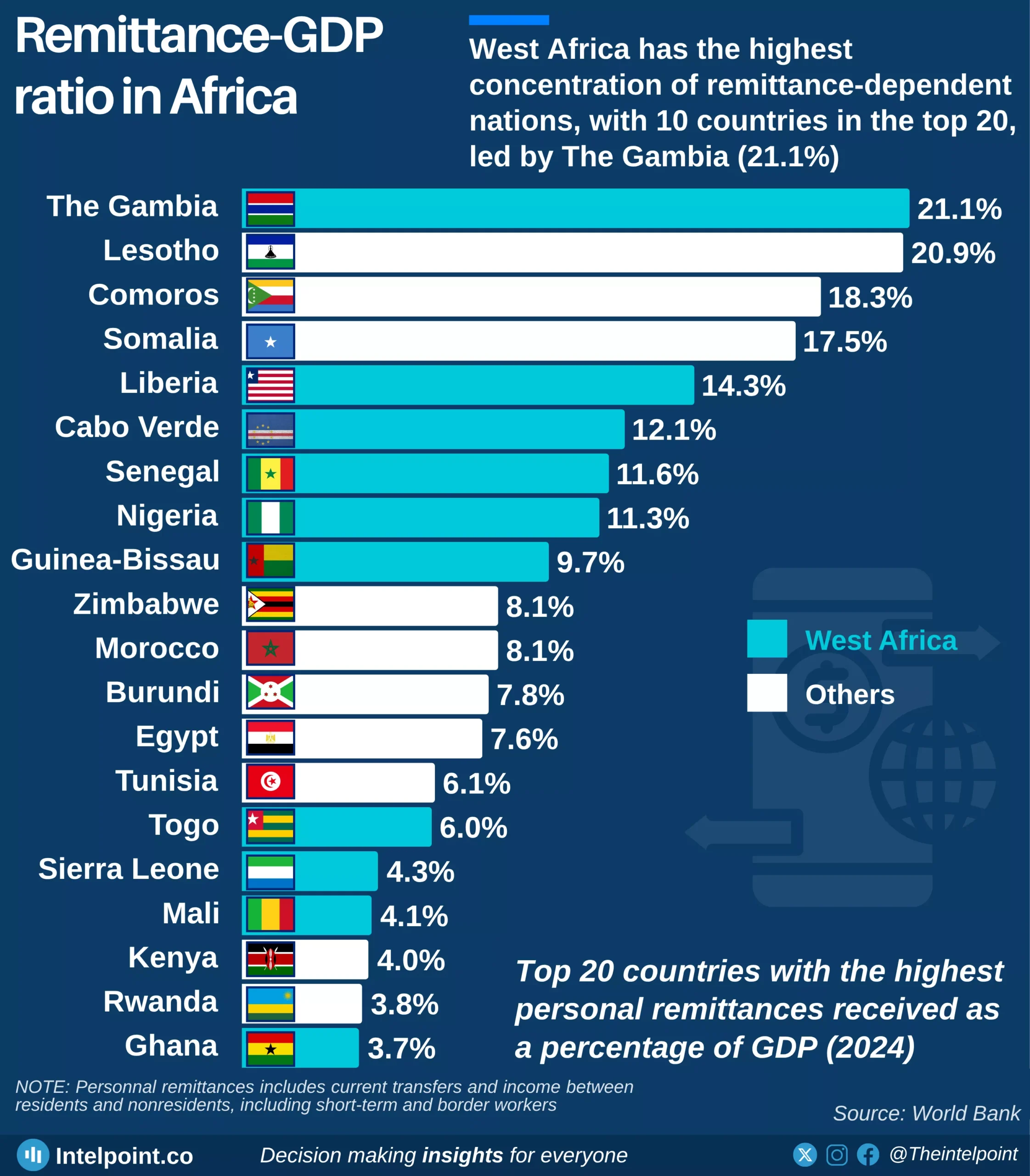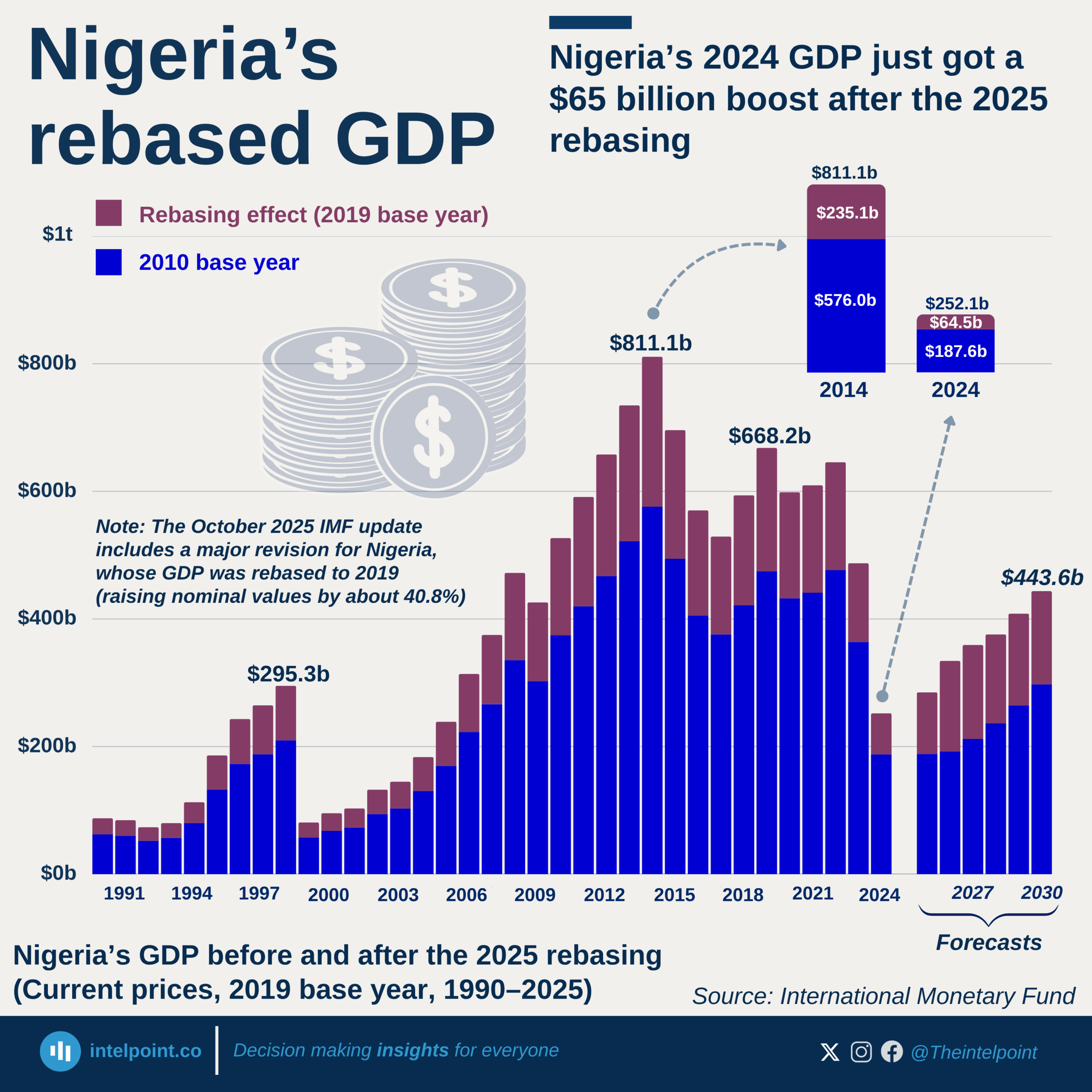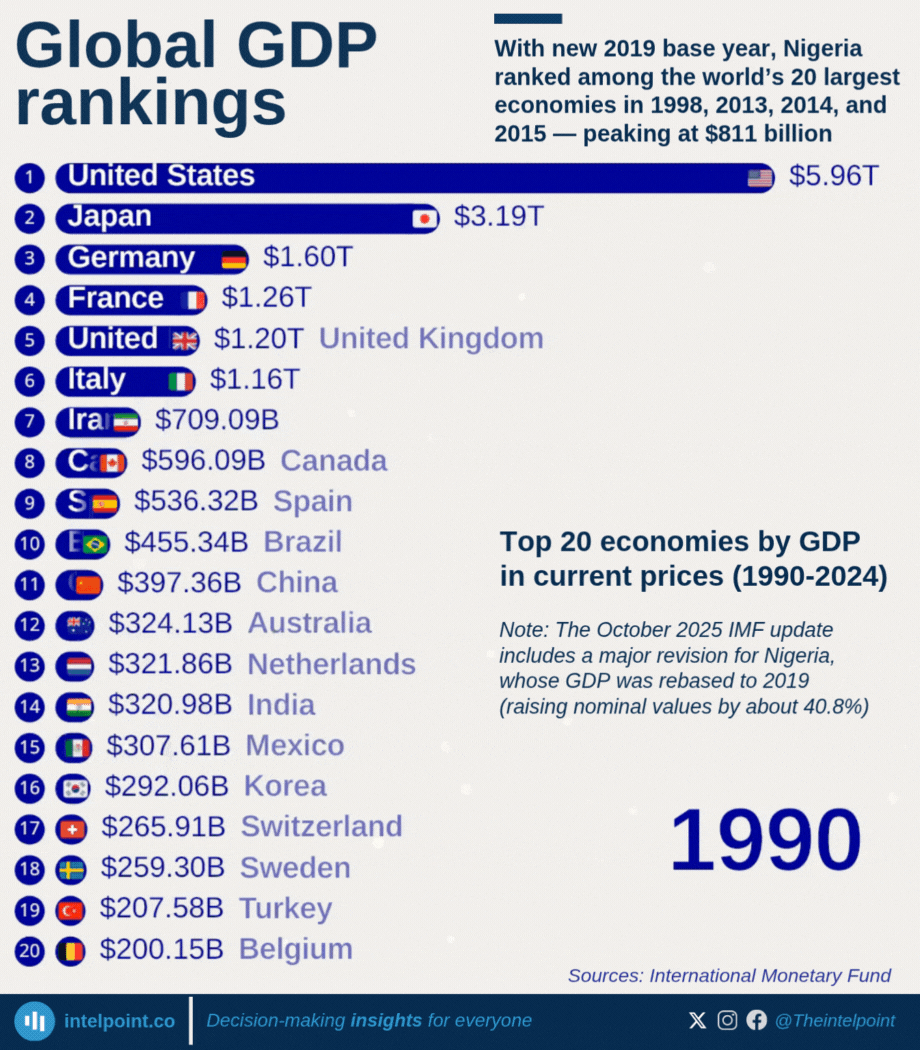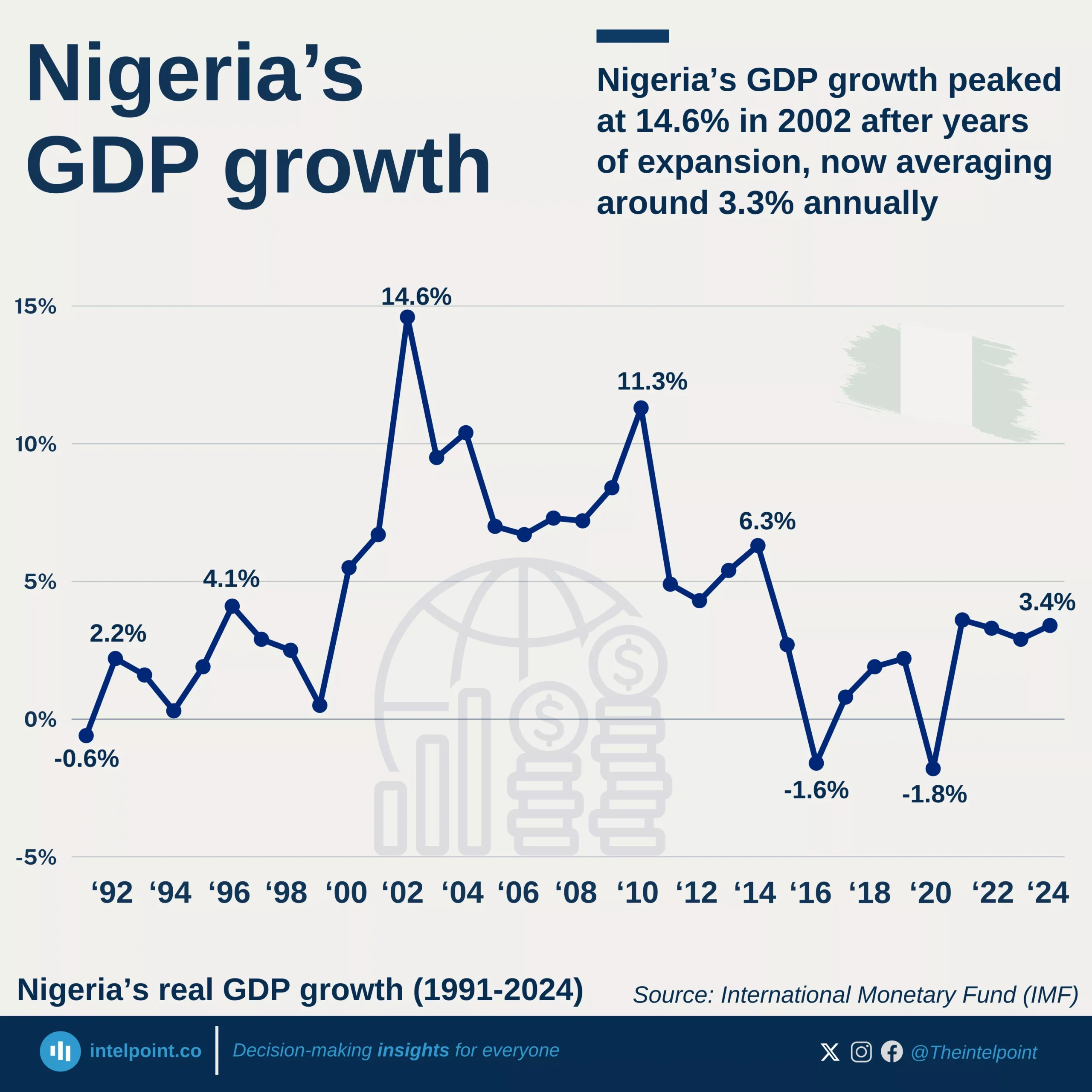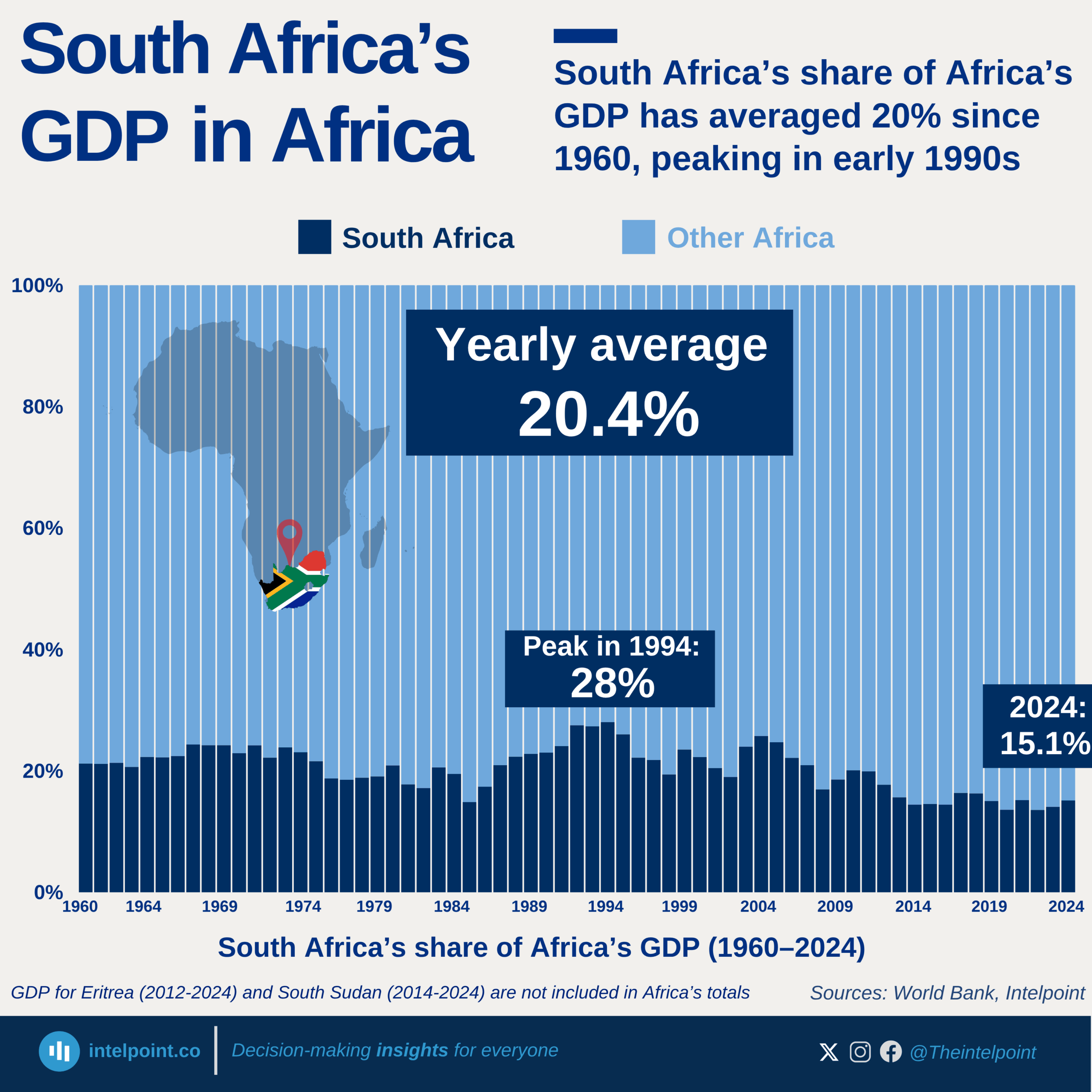The bottom 10 African countries by GDP per person employed have demonstrated a persistent pattern of economic underperformance in 33 years since 1991.
Countries like Burundi, Malawi, and DR Congo have remained at the lowest end of the scale for over three decades, rarely crossing the $3,000 mark in GDP per person employed. While nations such as Ethiopia and Mozambique show incremental improvement—climbing from near or below $2,000 in the 1990s to the $4,000–$6,000 range recently—the overall trajectory across this group reflects chronic economic stagnation.
